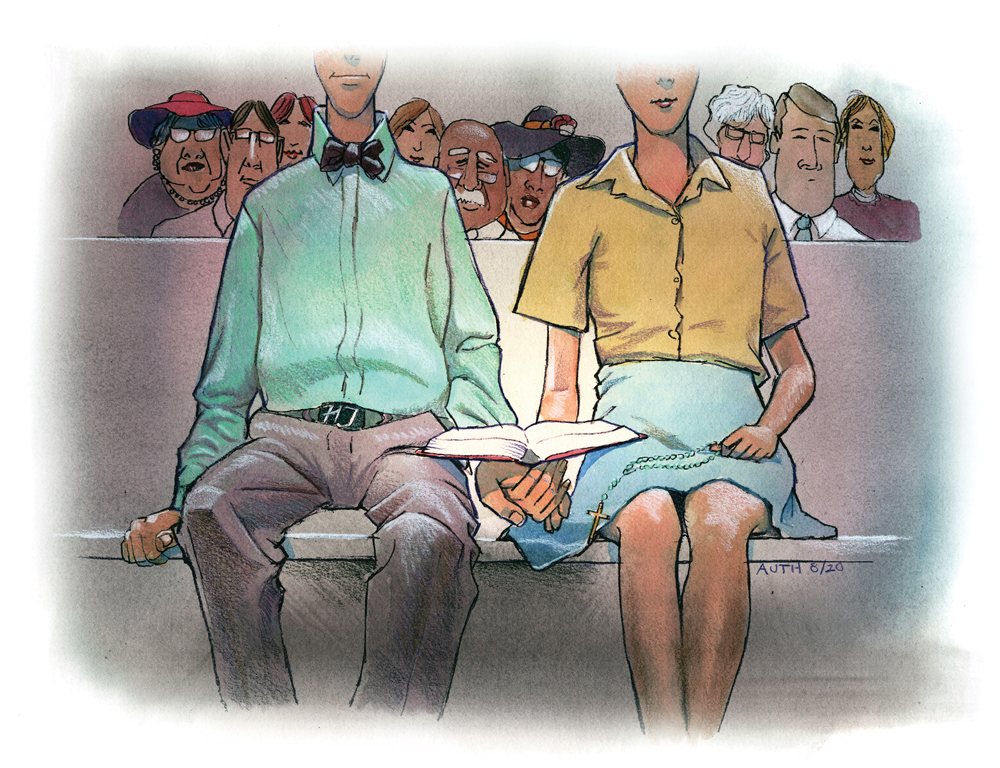
Writing this column, and responding to the letters I get, causes me to reflect all the more on the small-town South in which I grew up, a region whose residents shaped my life and, according to my correspondents, shaped the lives of many of you.
Ours was a world of quirky characters, amusing situations, tragedies large and small, and the general day-to-day associations that we held in common.
Thinking back on the institutions that made small town life what it was, few were more important than the churches.
Different churches attracted different folks.
And yet, rather than categorize people, in a marvelously ecumenical way, in my Alabama town the pew you sat in on Sunday seldom distinguished you from your neighbors the rest of the week. We all looked and acted pretty much the same.
Of course, there were members of the stricter sects whose outward display – what they did or what they wore – set them apart. However, in most cases, in their day-to-day lives, folks of different denominations blended easily and got along just fine.
Religious toleration seemed to reach its peak on Wednesday nights, not in the churches where separate prayer meetings were held, but out at my Daddy’s Poutin’ House, where he and his friends gathered to share attitudes and opinions.
Though the regulars were various shades of Protestantism, or in one case no shade at all, a couple of Catholics occasionally attended. One of them was the local priest, Father Ahern.
My own interest in Catholicism coincided with my interest in Catholic Kathleen, a lovely lass whose family were faithful members of Sacred Heart. Though we Protestant kids heard all sorts of rumors about what went on there – they drank real wine instead of grape juice, they spoke a strange language so no one else would know what they were up to – I was undaunted. Unaware of the historical precedent, I followed the path of Henry of Navarre who switched from Protestant to Catholic to become King of France. “Paris is well worth a Mass” was his take on the matter. So was Kathleen.
I did not switch entirely. My Methodist roots were too deep, but though my sainted mother was suspicious of popery, she figured any church was better than no church at all, so with her blessing off I went to hold hands under the missal.
No one batted an eye.
Which is the point of all this reminiscing.
Though the small-town South has often and rightly been criticized for intolerance in a host of categories, religion was seldom on the list.
Thinking about this, I recalled a conversation I had with my daddy, back when the Poutin’ House was in full flower. As the subject drifted to religion, as it often did, I asked him how it was that he and Father Ahern became such fast friends. Daddy considered the question for a moment. then observed, “Though Methodism is fine for me, I always like to get a second opinion.”
Of such an attitude, religious toleration is born.




